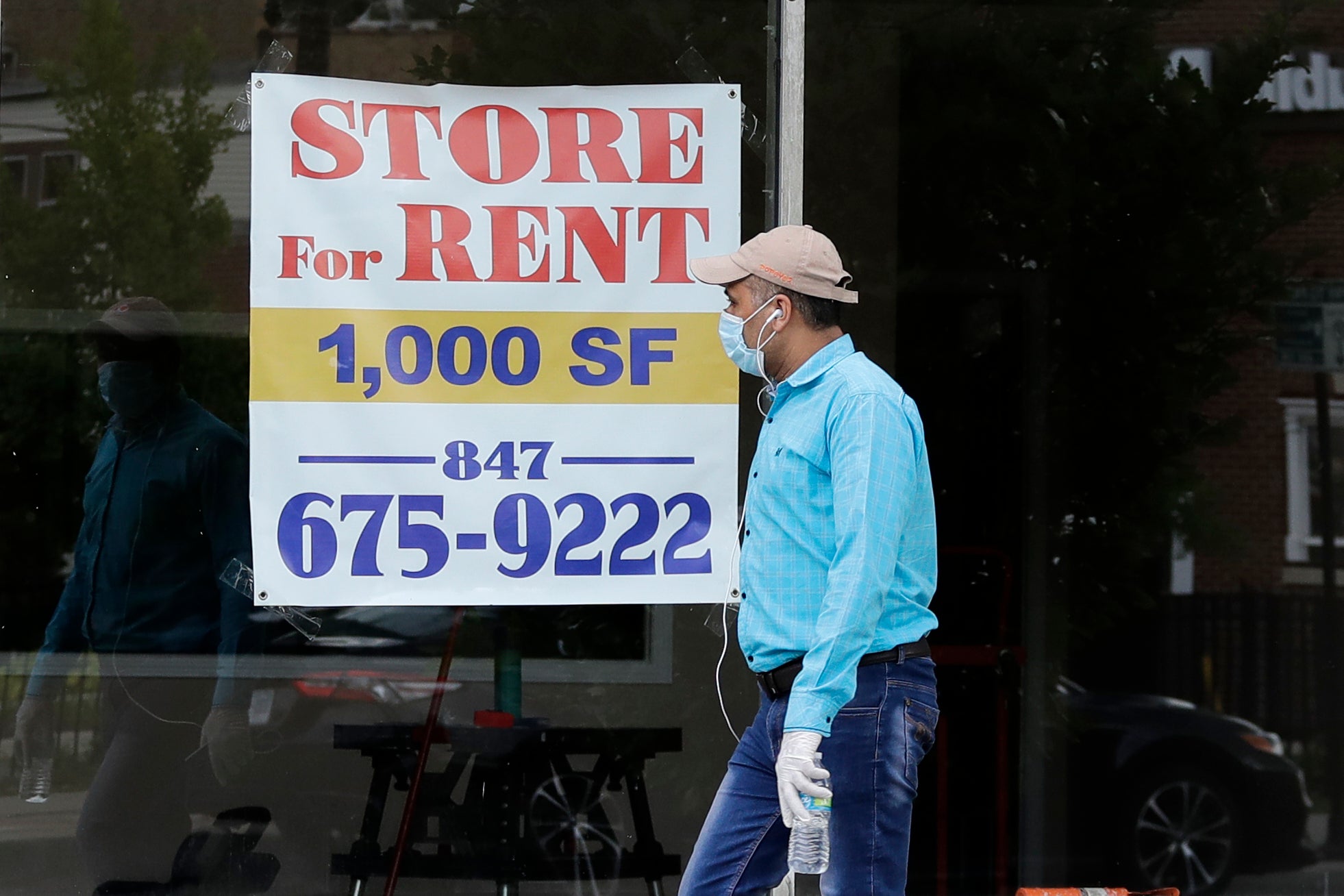Congress examines fraud in pandemic aid for small businesses
A congressional panel is set to examine payouts under a federal coronavirus pandemic aid program intended to help small businesses weather the COVID-19 outbreak

Your support helps us to tell the story
From reproductive rights to climate change to Big Tech, The Independent is on the ground when the story is developing. Whether it's investigating the financials of Elon Musk's pro-Trump PAC or producing our latest documentary, 'The A Word', which shines a light on the American women fighting for reproductive rights, we know how important it is to parse out the facts from the messaging.
At such a critical moment in US history, we need reporters on the ground. Your donation allows us to keep sending journalists to speak to both sides of the story.
The Independent is trusted by Americans across the entire political spectrum. And unlike many other quality news outlets, we choose not to lock Americans out of our reporting and analysis with paywalls. We believe quality journalism should be available to everyone, paid for by those who can afford it.
Your support makes all the difference.A congressional panel Tuesday will examine payouts under a federal coronavirus pandemic aid program intended to help small businesses weather the COVID-19 outbreak amid revelations that as much as 20% of the money may have been awarded to fraudsters.
The problems in the COVID-19 Economic Injury Disaster Loan program, overseen by the U.S. Small Business Administration, included a finding by congressional investigators that some 1.6 million applications for the loans may have been approved without being evaluated.
Separately, the SBA's Office of the Inspector General estimated that at least $80 billion distributed from the $400 billion program could have been potentially fraudulent, much of it in scams using stolen identities.
The program is expected to be at the center of a congressional subcommittee hearing that also will tackle broader fraud concerns with the flood of pandemic aid from multiple federal government programs for states, local governments, businesses and the unemployed.
The $5 trillion in total aid, delivered in a series of bills signed by Presidents Donald Trump and Joe Biden, have come with numerous complications.
Fraud overwhelmed enhanced unemployment insurance programs funded by the federal government and administered by the states. There was so much aid to governments that many struggled to find a way to spend it all under the original regulations. And there have been questions about whether the Paycheck Protection Program to keep employees working was worth it.
The House Select Subcommittee on the Coronavirus Crisis says more than $10 billion allocated under two massive business loan programs has been returned because of investigations and bank actions. Federal prosecutors have charged nearly 1,500 people with crimes related to fraud against the government over the business loans and enhanced unemployment insurance programs.
The government's Pandemic Response Accountability Committee says inspectors general for various federal agencies have at least 1,150 ongoing investigations into fraud from the different aid funds. Officials say it could take years to untangle all the problems.
One focus for the subcommittee is a report released Tuesday by its own staff that found up to 1.6 million applications for loans intended to keep small businesses open and making payroll were approved by a batch method. That could mean they were not even opened by officials before being greenlighted for funding.
The report blames the SBA for creating the batch approval function early in the pandemic, during the Trump administration.
___
McDermott reported from Providence, Rhode Island, and Mulvihill reported from Cherry Hill, New Jersey.